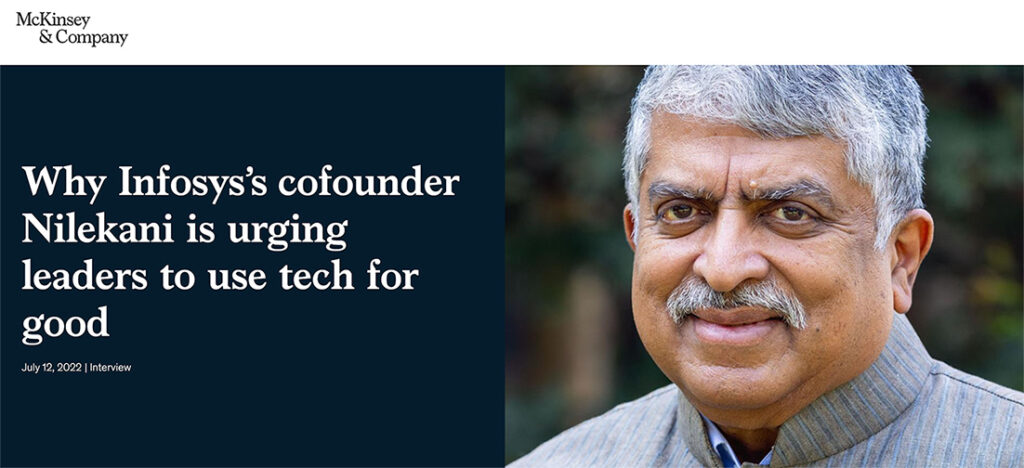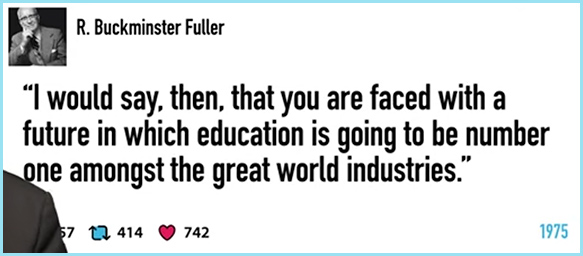4 Trends to Watch in Education — from caitlintucker.com by Caitlin Tucker
Excerpt:
Last month, I delivered a keynote on the future of education. It’s a vast topic, so I focused on four trends likely to impact our work as educators.
- Continued growth in blended and online learning.
- Districts confront record-high teacher turnover.
- Students continue to struggle with trauma and learning loss.
- Increased concerns about equity and access.
As school leaders prepare for the 2022-2023 school year, these four trends can help them identify district priorities and create a strategic plan for the year ahead.
Also see:
What is “unschooling”? My Reflection Matters believes “it takes a village” — from ctpublic.org (Connecticut) by Katie Pellico and Luch Nalpathanchil
Excerpt:
Families are asked to log their “exit” from public school with the state agency. There were 550 exits reported in 2019, and that number rose to “around 3,500 in 2020.” By 2021, that number was at 2,300, though the Department of Education notes “students who have not returned to school by October 1 could still have returned to school any day after that for the remainder of the year.”
14 QUICK WAYS TO TECH-UP YOUR CLASSROOM — from thetechedvocate.org by Matthew Lynch
Excerpt:
With technology becoming a more significant part of the classroom, you might feel that incorporating tech-enabled tools into your classroom is a difficult job, but it doesn’t have to be. There are plenty of useful and fun apps out there that can help you bring technology into your classroom in a way that’s both entertaining and engaging.
Young learners are always surrounded by and exposed to technology, and it’s something that they have a natural affinity for. That’s why technology can be a useful educational tool to boost learner engagement and content retention.
Here are 14 easy ways that you can incorporate tech into your class…
5 Tips for Tackling Classroom Redesigns — from techlearning.com by Ellen Ullman
Creating learning spaces that are accessible for students with specific needs almost always leads to positive outcomes for all learners









 Image from: Utah National Park Trips
Image from: Utah National Park Trips



